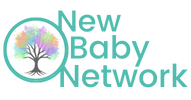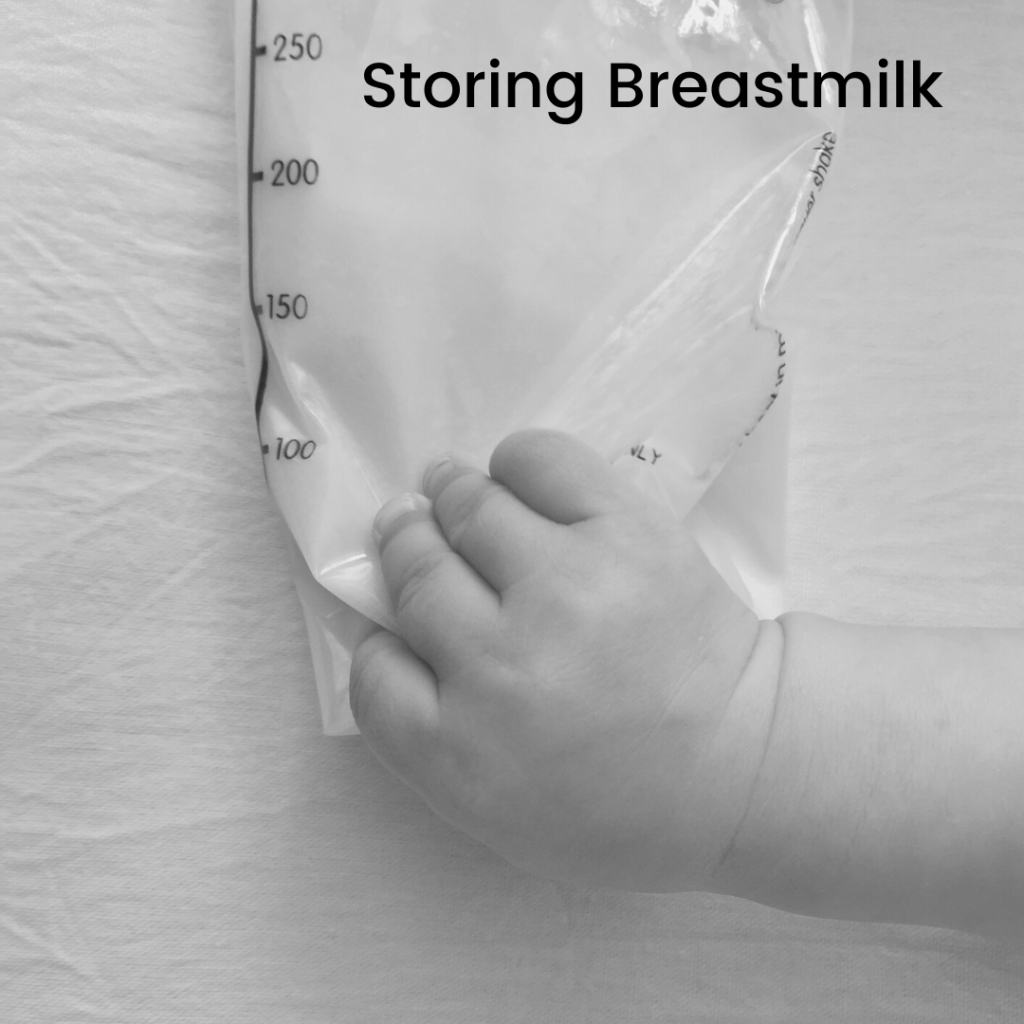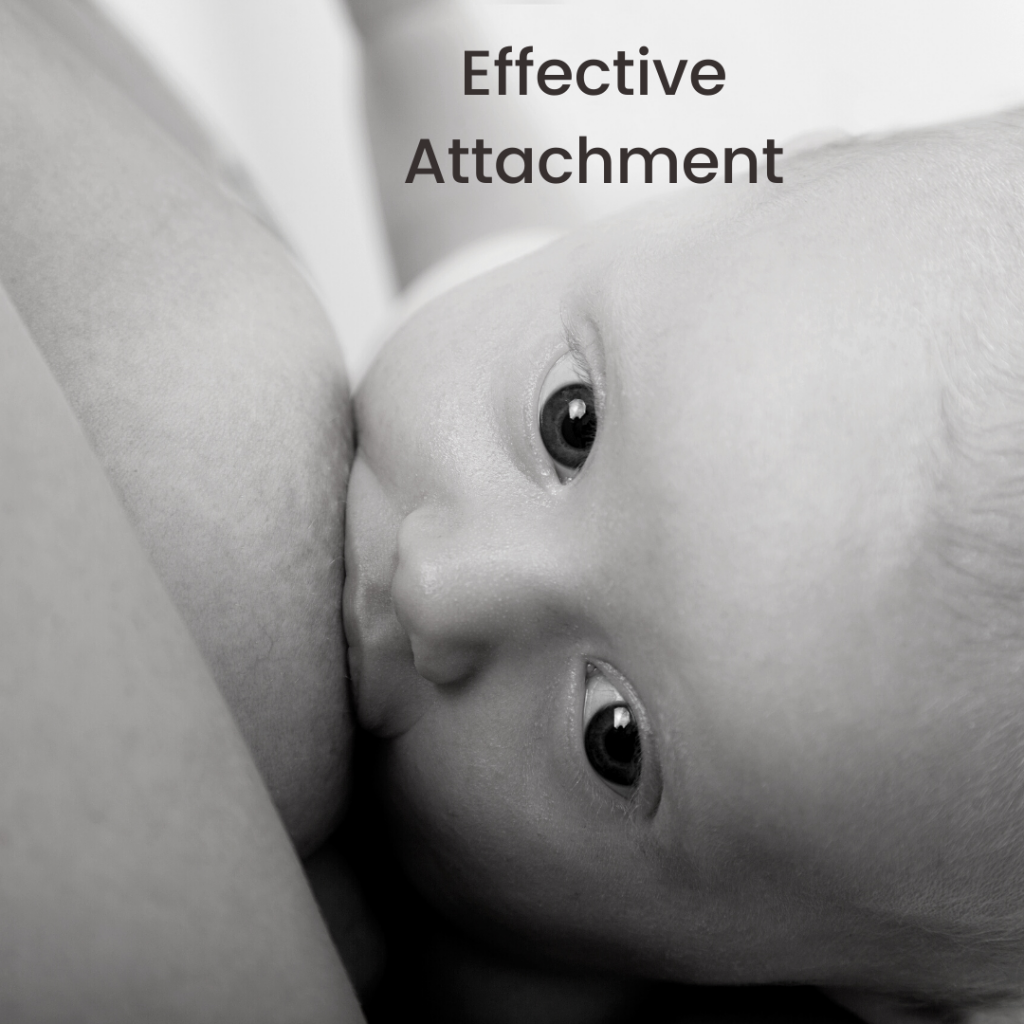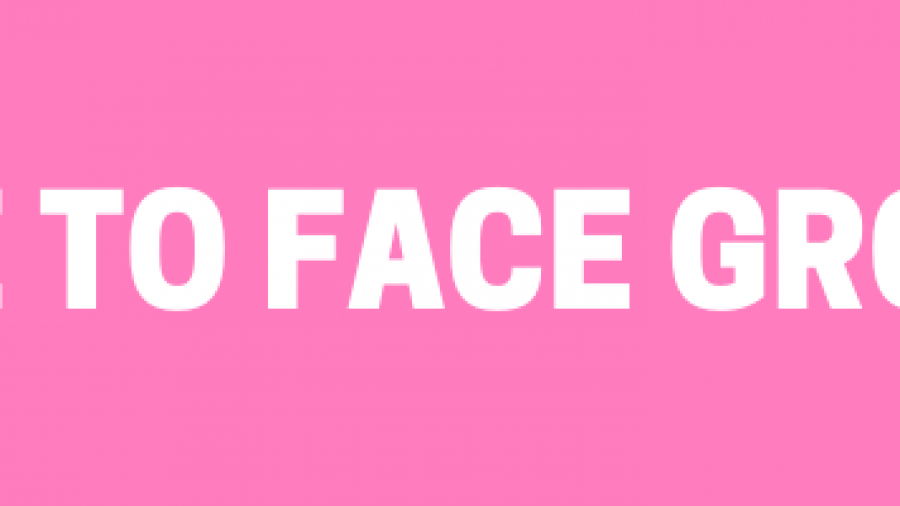Here’s our condensed guide to storing breast milk. We hope it covers all the basics and any common questions and concerns.
Effective Attachment
Are you feeling concerned about baby’s latch onto the breast?
Did you know…many breastfeeding challenges can be overcome with tweaks to positioning & attachment…
Breastfeeding in Public
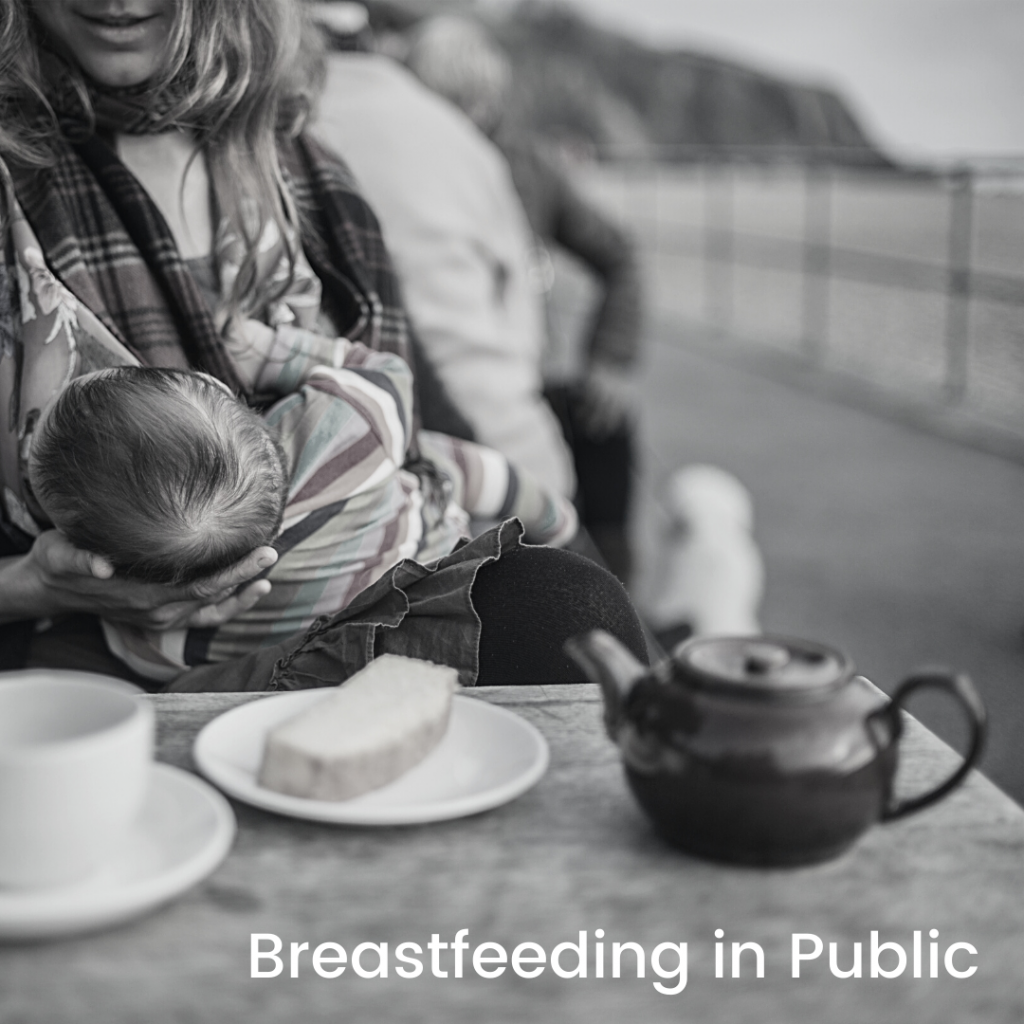
When breastfeeding out and about you are completely backed by law to feed wherever you are allowed to be publicly.
The Equality Act 2010 made it illegal for anyone to ask a breastfeeding woman to leave a public place such as a cafe, shop, train stations or on public transport in the UK.
However, even though the law is on your side it still doesn’t mean every public feed is a simple one. It can take a while to feel comfortable feeding in public. If you are new it or have been avoiding it here are a few points to consider:
💜 Most shopping centres, department stores and supermarkets should have a dedicated baby room with a nursing chair in a private area. These vary in standards and some are definitely below par but newer buildings tend to have better, cleaner baby rooms. Ask other mums if you are unsure, there may be a hidden gem in your local area!
❤ Cafes and coffee shops make a good place to feed if you don’t require complete privacy. They offer a clean comfortable space that’s less crowded and are generally baby friendly.
💙 Never feel like you need to feed your baby in the toilet! If you are at a loss for private feeding places then a changing room in a clothing store is always a good back up.
💚 The pros to feeding in public are the convenience of not having to time your outings around feeds or cut short your trips. It also means you can relieve full breasts and don’t need to worry about sterilising pumps and bottles to express before leaving the house.
🧡 If you find you still have anxiety about feeding in public it may be helpful to it talk through with a peer supporter. Our Milk Mates groups can be a really lovely and supportive place to feed in public for the first time. We also have separate private spaces to feed if that’s more comfortable for you 😊
What is it like feeding out and about in your local area? Let us know in the comments!
Introducing Solids…
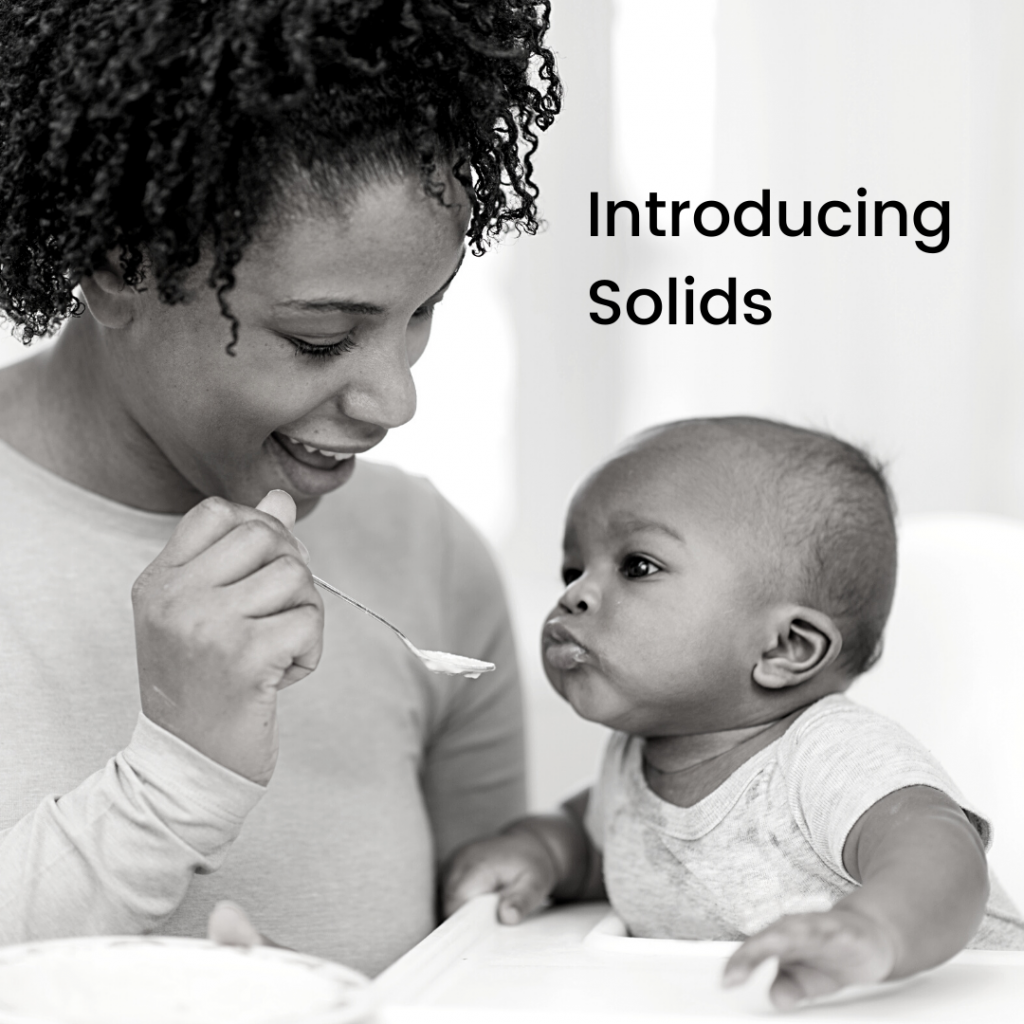
Starting solid food with your baby can be a really exciting time, sharing your favourite meals and tastes as a family. But how do you know when it’s time to begin weaning?
There are 3 clear signs, which, when they appear together from around 6 months of age, show your baby is ready for their first solid foods alongside breast milk or first infant formula.
They’ll be able to:
❤ stay in a sitting position and hold their head steady
❤ co-ordinate their eyes, hands and mouth so they can look at the food, pick it up and put it in their mouth by themselves
❤ swallow food (rather than spit it back out)
These other behaviours are very normal for babies and do not mean they are ready to start solid foods: chewing their fists; waking up in the night (more than usual); wanting extra milk feeds. Try increasing baby’s milk feeds if you think they are hungry before starting solid foods if the 3 signs above aren’t showing yet.
Starting solid foods will not make your baby any more likely to sleep through the night.
If you’re not sure, or you have any questions about starting solids, get in touch with your health visitor, or check out this useful resource:
https://www.unicef.org.uk/babyfriendly/wp-content/uploads/sites/2/2008/02/Start4Life-Introducing-Solid-Foods-2015.pdf
Sicky Babies
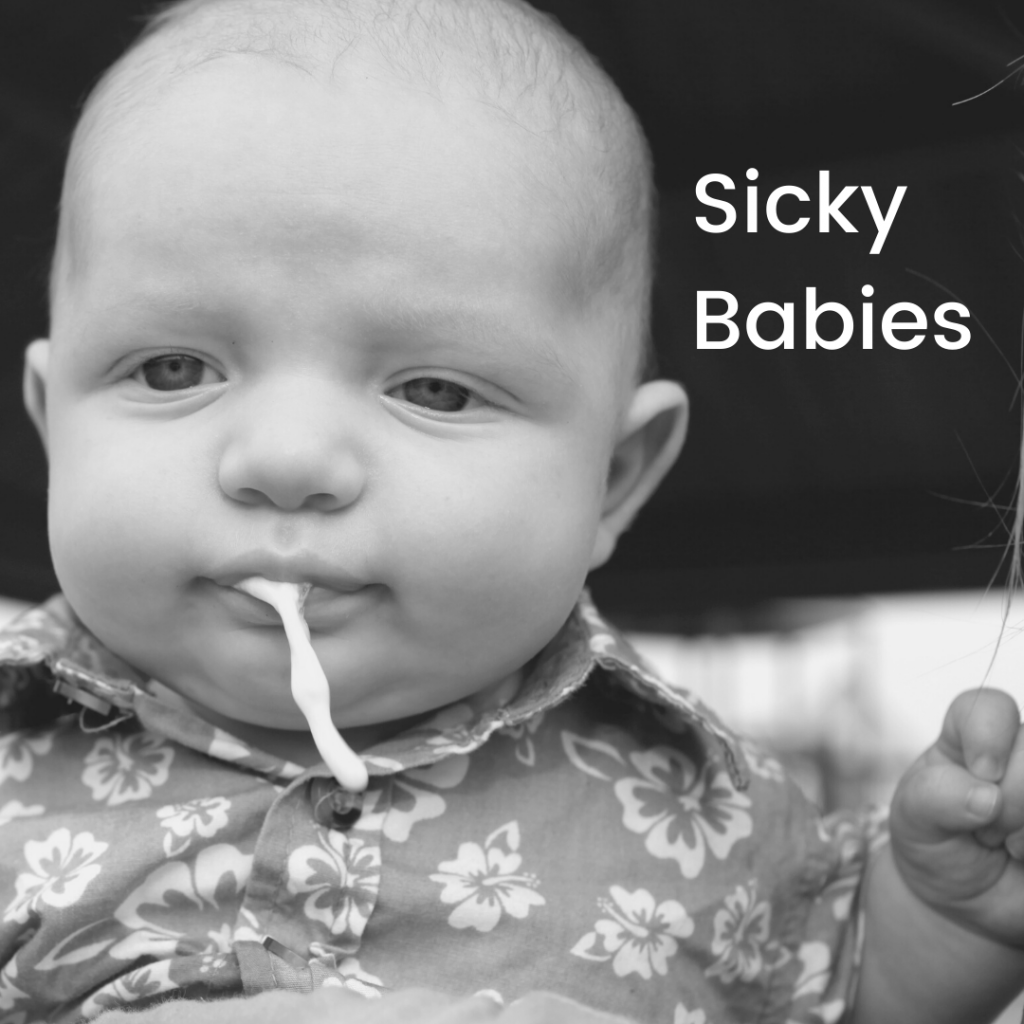
When babies are first born, and in those early weeks, it is very common for them to bring up milk – their digestive system is still getting used to working in the world!
Why does it happen?
In the first year of life the muscle at the top of your baby’s stomach is still developing and may allow milk and acid to come back up in the form of a ‘posset’ or ‘spit up’. It is common in the first three months and normally stops by the time they are one year old.
In most babies, sick is nothing to worry about (as long as they are healthy and gaining weight as expected) although you may be finding it quite a large laundry problem!
Some babies may cry or seem irritable, or have hiccups/coughs – while it is hard for us as parents to see this, sick still generally doesn’t need medical investigation. Sometimes positioning and attachment support with breast/bottle feeding can be helpful.
In some rare cases a baby will be diagnosed with GORD (gastro-oesophageal reflux disease). If you feel like your baby is being sick very often, is in pain and unsettled after feeding and is not gaining weight as expected contact your GP.
Links:
https://www.nhs.uk/start4life/baby/breastfeeding/breastfeeding-challenges/reflux/
https://abm.me.uk/breastfeeding-information/reflux/
Why won’t they take a bottle?
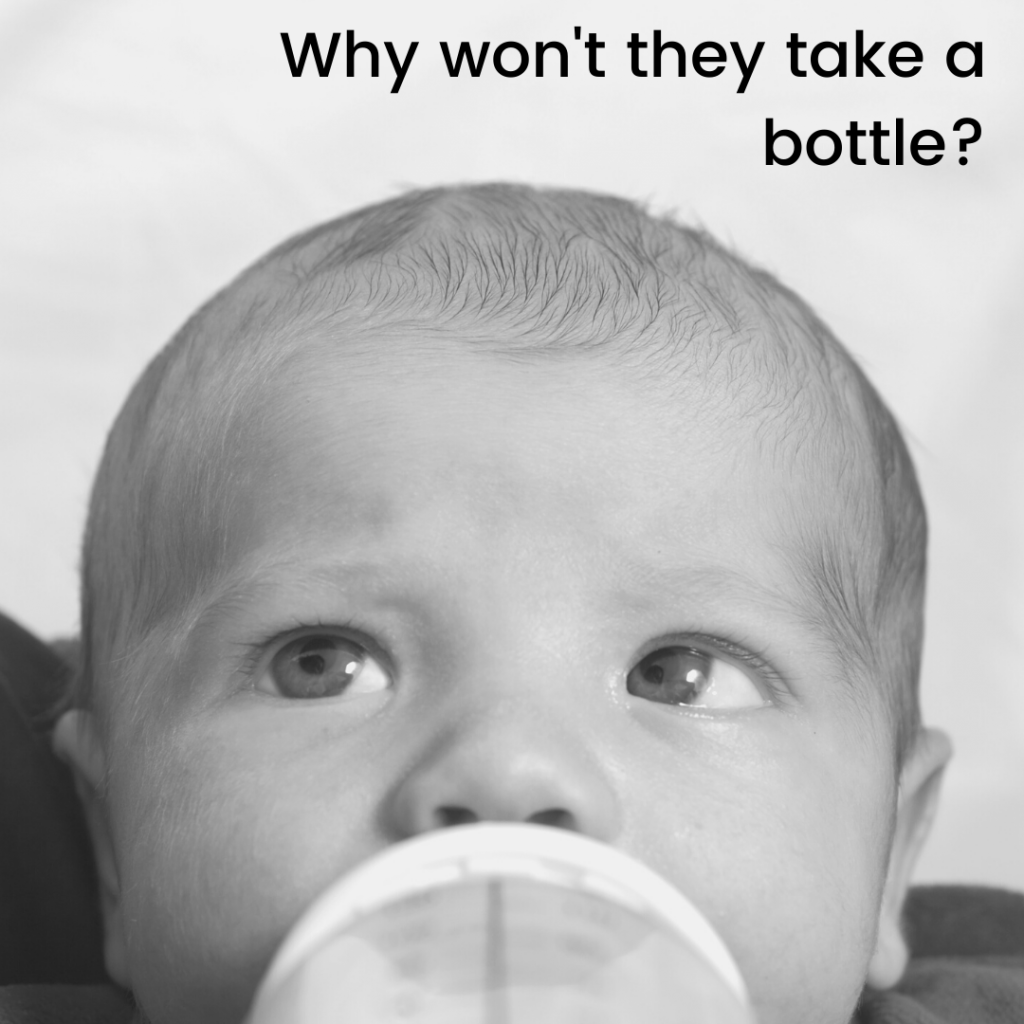
For many reasons, some breast/chestfeeding parents need or want to provide milk for their babies in a bottle.
Babies that haven’t done this before, need some time to adjust! Even those who have been receiving milk this way regularly (e.g. every morning feed), may suddenly change their preference as time goes on.
This can bring up a lot of emotions – worry about how baby will cope when you are separated, a feeling of losing your rest time…even rejection if a partner or supporter had been regularly feeding this way.
Feeding at the breast/chest is much more than food – it provides comfort, security, connection and even a way to fall asleep. It’s worth remembering this as you begin to introduce (or re-introduce) a bottle feed.
Some tips that may help:
Get skin to skin, snuggle in and hold baby in their usual at breast/chest feeding position. You could even switch sides mid way through a feed.
In complete opposite to the above, try a very different position, or even location – a garden feed?
Pay attention to how baby is attaching to the bottle in the same way you would at the breast/chest – a short teat and wide base can support effective attachment. Look for feeding cues and try to offer before baby is very hungry.
Take some deep breaths, and relax before offering. Work out ways to reduce any worry you have, so baby doesn’t notice. Singing, chatting, or even moving around can help both of you to feel calm.
And for all parents using bottles to give their baby milk, remember:
– paced feeding
– responsive feeding
– other options beside bottles
– expressing and storing human milk
– safer formula preparation
What’s it like at our Cotteridge venue?
On Tuesdays, 10-11am, our friendly trained peer supporters are ready and waiting to meet you at Cotteridge Friends Meeting House. They can offer support with infant feeding, listen to your experiences and connect you with other families at the group. You do need to book a space, but don’t worry – booking is open right up until the groups has ended so if you remember at 10am, you can book and arrive at 10.30! Here is the booking link:
https://www.eventbrite.co.uk/e/milk-mates-infant-feeding-support-cotteridge-tickets-148820342651
We also have an antenatal course, and other pop up events happening there so do follow us on EventBrite to get notifications of upcoming sessions.
“I was really impressed with this group. Well organised and welcoming, just what mums/parents of newborns need”
– Group attendee, April 2021
Once you have booked on, you’ll receive a confirmation email, then a reminder 2 days before, and then one on the morning of group naming your volunteers and small changes/details you need to know.
How to find the group
The Cotteridge meeting house is at 23a Watford Road, opposite Savers. It’s set back a bit from the road, and you need to drive over the pavement and through the gates to get in. There is a large car park, and Kings Norton train station is a short walk away. There are many bus routes too.

There is a main door, and a side door to the right of the building as you look at it. You will go in through the main door on a Tuesday and you’ll see all the group attendees! On a Saturday, we will be through the side door. Once you’re in, we have hand sanitiser available for you.


There is an accessible toilet and baby changing station. For now, we ask that you take nappies home with you (we have nappy bags to use). You are welcome to change your baby wherever you feel comfortable.

Here’s what group looks like – we are spaced out but you are welcome to have your supporter sit with you. You can choose which chairs would be most comfortable for you. There are soft, wipeable mats for you to put your baby down if you would like to.

This is the other side of the room, which is a handy space for parking pushchairs etc. There are some covered over resources that belong to the food bank who also use the space.

Don’t worry if you arrive after the group start time, or you need to leave before the end. You don’t need to be from any particular area, or have given birth under a specific hospital. Everyone is welcome! Got more questions? Let us know – infantfeeding@newbabynetwork.co.uk
Self Care as a New Parent

Looking after yourself in the early days after having a baby can feel impossible, and when you do take a moment to yourself there might even be feelings of guilt. However, self care is absolutely essential for being able to meet the needs of your baby.
In the early days, acts of self-care aren’t necessarily big, time-consuming activities. Self-care can be small acts done when you have a few minutes to yourself.
It can be making sure that you have a decent lunch, that you drink a hot cuppa, that you brush your teeth twice a day. Maybe you do that youtube yoga video or you meet up for that walk in the park and make time for a favourite hobby.
It could be taking a minute to close your eyes and take three deep breaths, emptying your mind and noticing how your body feels before you answer the 100th ‘muuuuuum’ of the day.
Taking these moments to prioritise yourself and meet your needs builds resilience. It’s like pressing your ‘reset’ button.
❤ Self-care is NOT selfish
💜 Self-care is ESSENTIAL
